What do Lucille Ball, Albert Einstein and Conway Twitty have in common? They all died from a ruptured abdominal aortic aneurysm, commonly called AAA.
Abdominal aortic aneurysm (AAA) is a weakening of the artery wall that results in a ballooning or bulging aorta, the largest artery in your body that runs from your heart, through your chest and down into your abdomen. It’s one of the quietest – and most lethal – medical conditions of our time despite the relatively simple tests for diagnosis and treatment.
“The most dreaded complication of an aneurysm is rupture –and it’s the 13th leading cause of death in the US, leading to approximately 15,000 deaths each year,” says University Surgical Associates (USA)vascular surgeon Dr. Michael Greer. “Death from ruptured aneurysm has remained relatively constant because many AAAs are undetected and untreated. Unless we go looking for it – or it’s discovered because of screening for some other health issue – many people with an aneurysm will continue to go undiagnosed. Instead of accidentally finding an aneurysm, the smart choice is to look for them first in people who are at increased risk of AAA.”
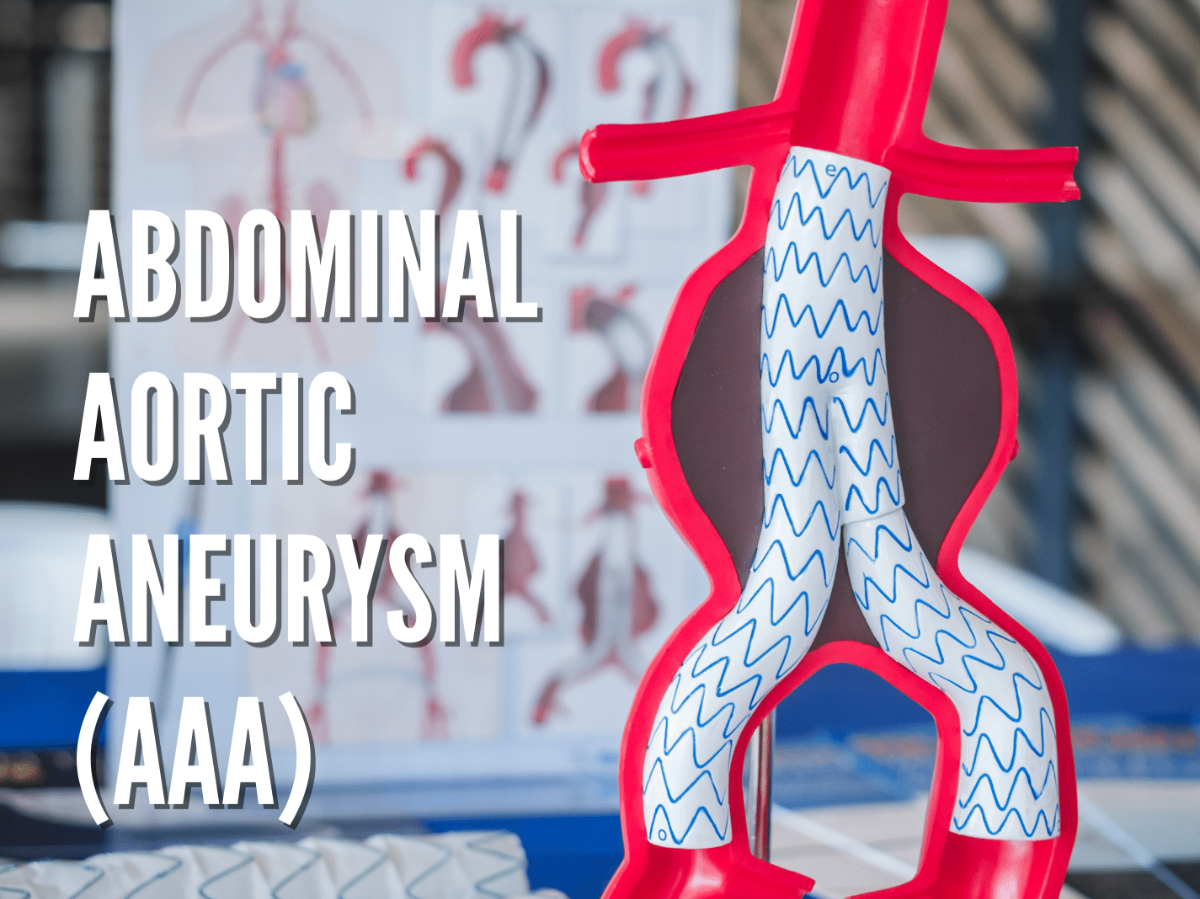
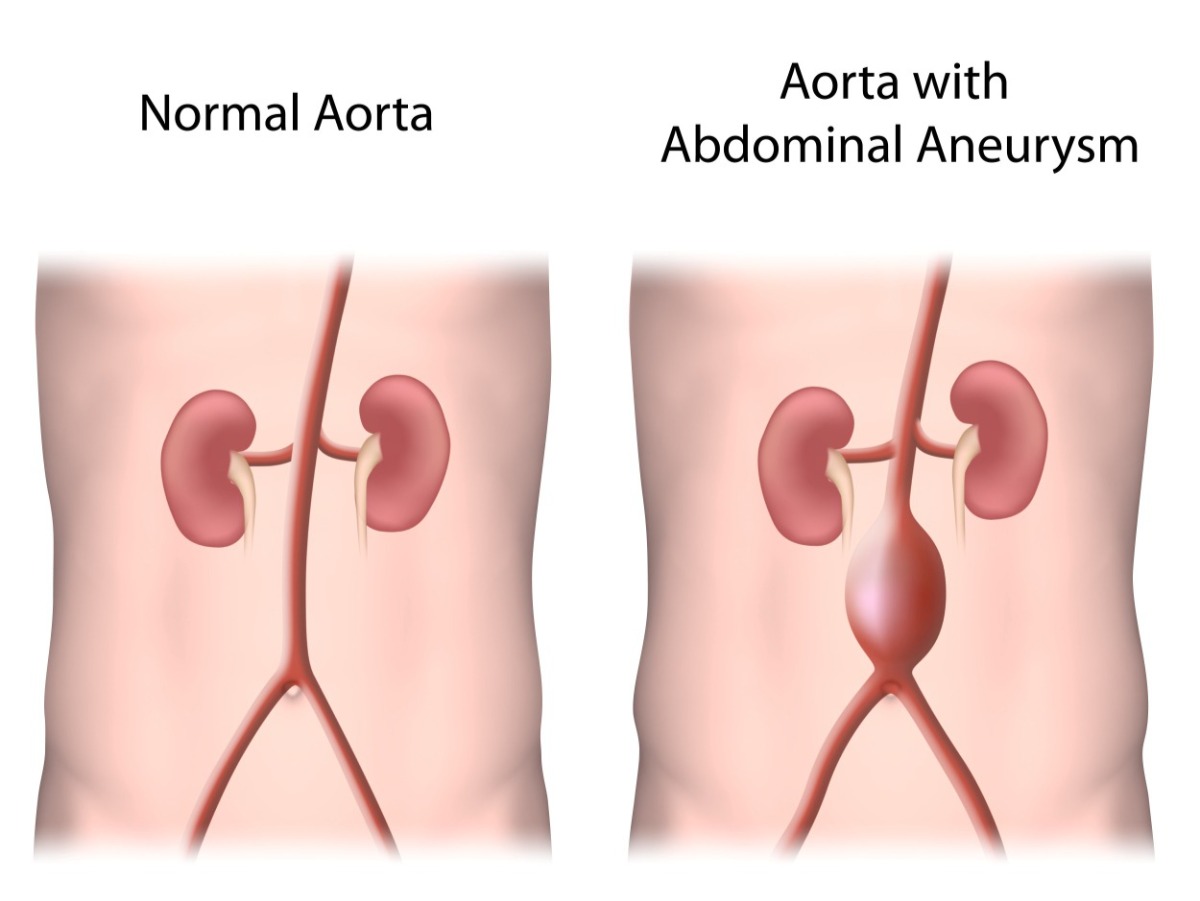
Who’s at Risk for AAA?
Most aneurysms are silent, meaning there are no obvious symptoms. A family connection with the disease greatly increases your risk – in fact, 1 in 4 people affected also have a first-degree relative (think mother, father, sibling) with AAA or other type of aneurysm. In fact, first degree relatives of a patient with AAA have 12 times the likelihood of developing an aneurysm. Other risk factors include:
- Being over age 60
- Conditions like chronic lung disease, high blood pressure or atherosclerosis (a hardening of the arteries)
- Gender – men are more often affected than women, although women generally have more complications if their aneurysm ruptures
- Smoking
- Lung cancer patients have a 1 in 10 chance of having an aneurysm
Effective Treatment from Vascular Specialists
Not everyone needs immediate treatment when an aneurysm is discovered. For smaller AAAs, you may need to make changes to your habits including stopping smoking and controlling your blood pressure. You should also be carefully monitored by a board-certified vascular surgeon, who routinely evaluates you to make sure your aneurysm hasn’t changed. Although the majority of aneurysms never rupture, those that do often lead to sudden death.
“When surgical treatment is needed, stent grafts or an open artery bypass are used to correct the problem,” says USA vascular surgeon Dr. Karen Rudolph. “Most people can be treated through minimally invasive procedures that are similar to the stenting procedures used to treat blockages in the heart. Many who get stent grafts can home the day after surgery. The great thing about our team at USA is that we are all trained in open and minimally invasive surgery, which means we can provide our patients with the options that are best for them.”
FREE AAA Screening for Those at Risk
Without early diagnosis, deaths from ruptured aneurysms will continue to occur. That’s why USA is offering a free aneurysm screening for people who have a family history of AAA, have other risk factors, or have been previously diagnosed with an aneurysm and have not received follow up care. The screening is a simple ultrasound that is painless and takes about ten minutes. “Early screening means potential problems can be identified before they become emergencies – providing an opportunity for careful evaluation and surgical planning,” says USA vascular surgeon Dr. Neelima Katragunta.
“Our number one priority with this free screening is to detect every patient with an aneurysm and most importantly to prevent them from needlessly dying from a ruptured aneurysm,” says USA vascular surgeon Dr. Charles Joels “Early diagnosis is critical for the people who are at increased risk for AAA. It allows us to follow their condition closely with routine monitoring if necessary, and develop a plan to address this life-limiting situation before an emergency arises.”
To schedule your free abdominal aortic aneurysm screening at USA Vascular Group, call 423-756-1342 or click here.

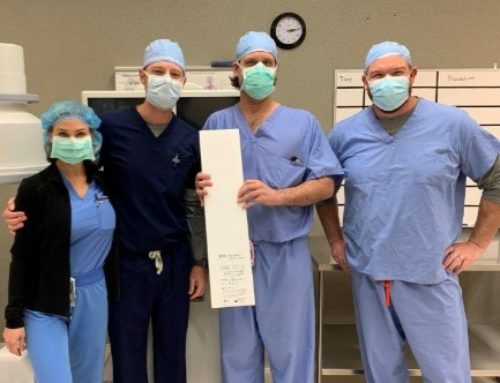
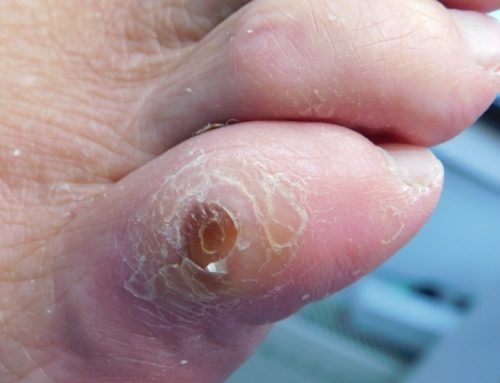
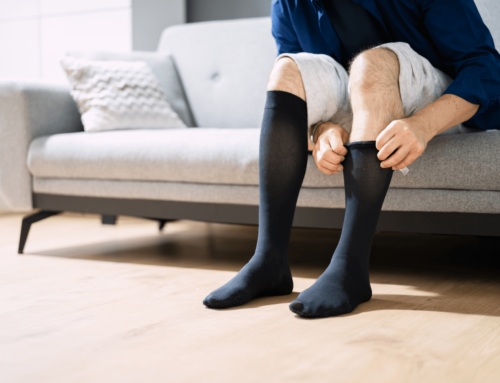
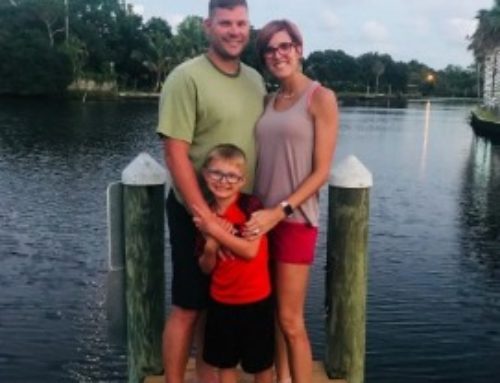
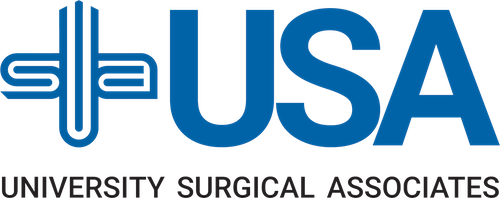
Such a great blog! Thank you for this information.